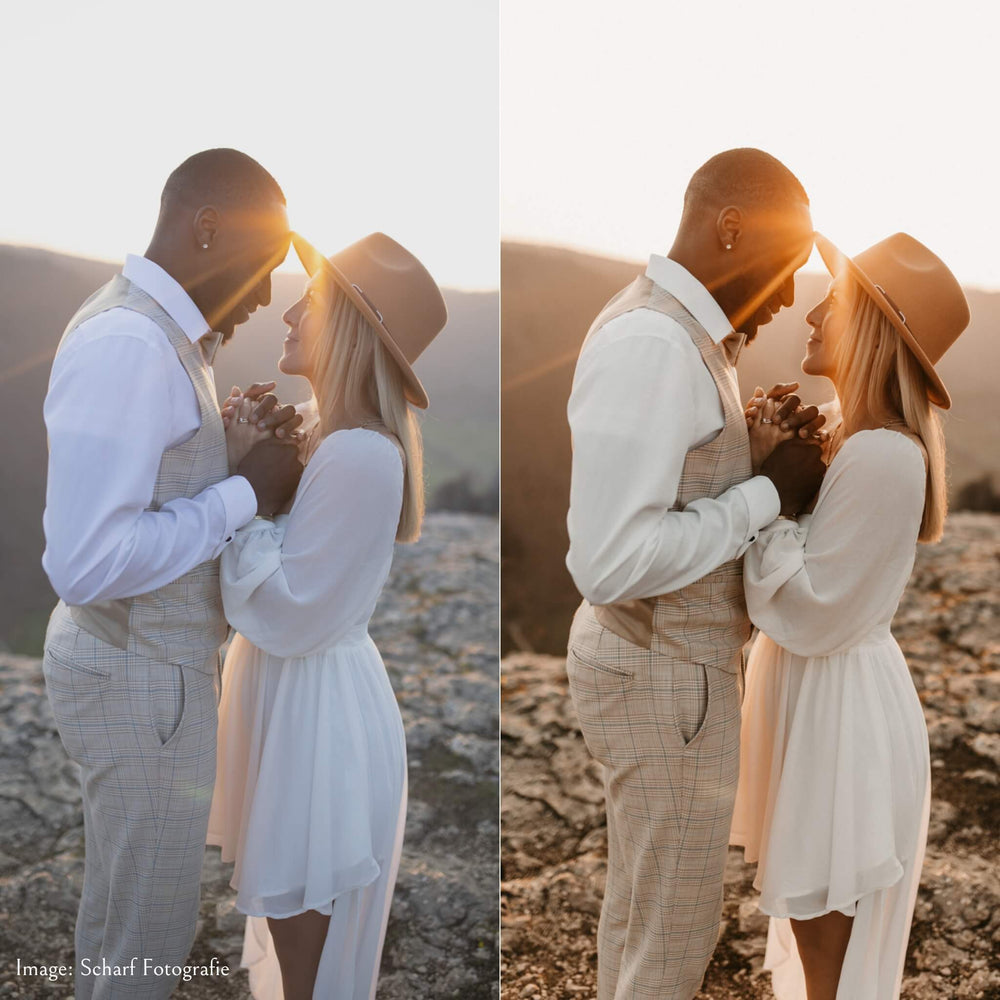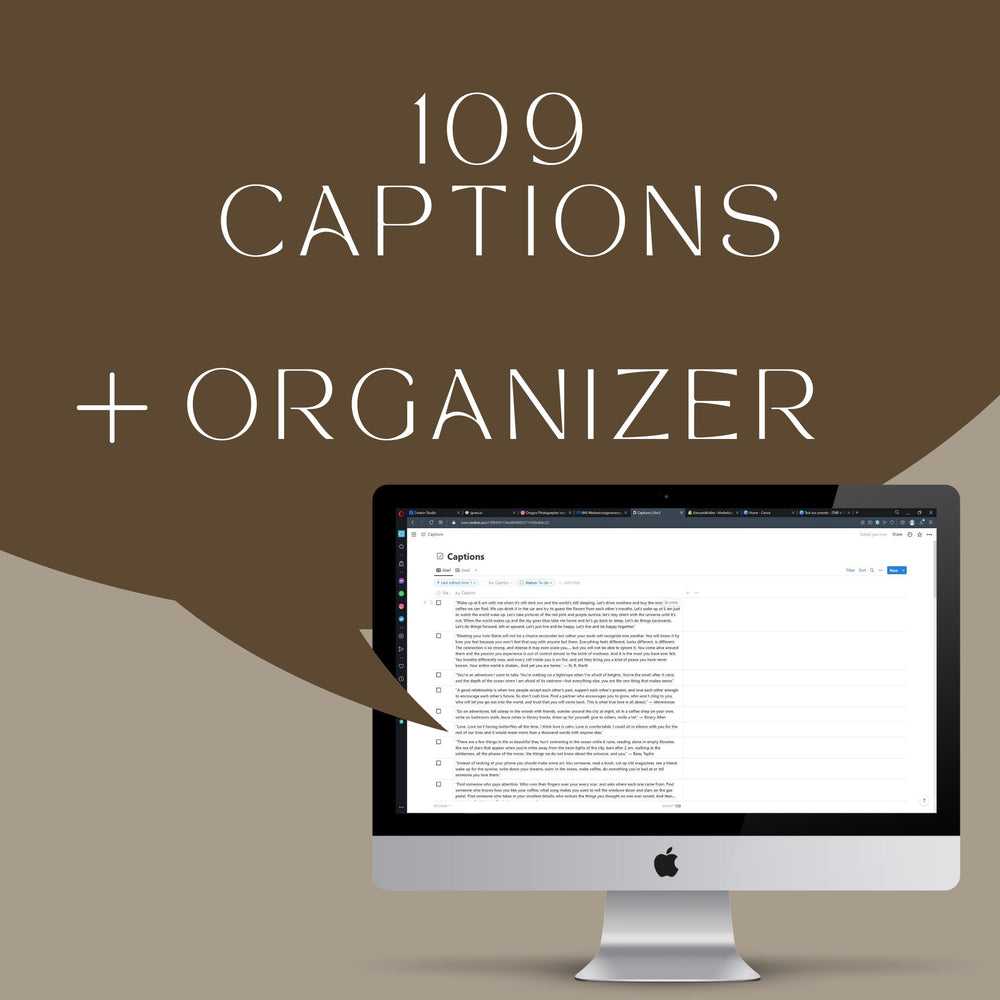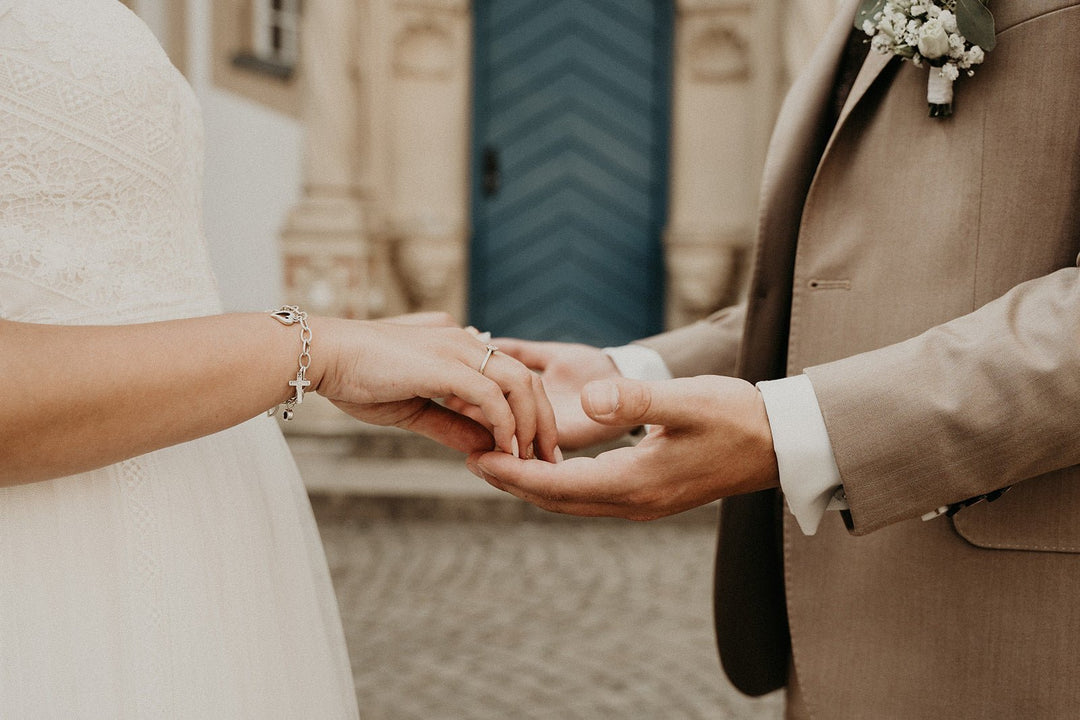How to Write a Contract as a Wedding Photographer (and What Should be in It)

Photography is an art form that allows us to capture and preserve beautiful memories. When it comes to weddings, capturing those once-in-a-lifetime moments becomes even more crucial. As a professional wedding photographer, it is essential to have a well-drafted contract in place to protect yourself and ensure a smooth working relationship with your clients. In this article, we will guide you through the process of writing a contract as a wedding photographer and highlight the key elements that should be included.
Introduction
Before we delve into the details, let's understand the significance of a contract for wedding photographers. A contract serves as a legal agreement between you and your clients, outlining the rights, responsibilities, and expectations of both parties. It establishes a clear understanding of the services you will provide, the payment terms, and other essential details. Having a comprehensive contract in place not only protects your interests but also helps in managing client expectations, reducing misunderstandings, and providing a framework for a successful collaboration.
Disclaimer: We are no lawyers and you should definitely consult one to make sure your contract is well done. This is not legal advice and only meant to be an inspiration & cover the basics.
Understanding the Basics of a Wedding Photography Contract
Definition and Purpose of a Contract
A contract is a legally binding agreement that defines the terms and conditions under which services are provided. In the context of wedding photography, it ensures that both parties are on the same page regarding the scope of work, deliverables, and financial arrangements. It helps in establishing trust, clarifying expectations, and mitigating potential disputes.
Key Elements to Include
A well-written wedding photography contract should include several key elements to cover all aspects of the client-photographer relationship. These elements typically include:
- Introduction: Begin the contract with a clear statement of the parties involved and the purpose of the agreement.
- Date, Time, and Location: Specify the date, time, and venue of the wedding or related events to avoid any confusion.
- Coverage Details and Package Selection: Outline the specific services and coverage provided, including the duration, number of photographers, and any specific package chosen by the client.
- Rights and Responsibilities: Clearly define the intellectual property rights, stating that you, as the photographer, retain the copyright, and specify the client's obligations during the shoot.
- Payment Terms and Cancellation Policy: Clearly state the pricing structure, payment schedule, accepted payment methods, and any cancellation or refund policies.
- Additional Services and Add-ons: If you offer any additional services like pre-wedding shoots, engagement sessions, or the option to purchase albums, prints, or digital files, include the details and pricing.
- Image Delivery and Usage Rights: Specify the expected timeline for delivering the final images and outline the usage rights and restrictions.
- Backup Plans and Contingencies: Discuss backup equipment arrangements and what happens in the event of unforeseen circumstances, such as the photographer's illness or equipment failure.
- Terms and Conditions: Include important clauses related to limitations of liability, dispute resolution, and any other relevant terms and conditions.
- Contract Review and Approval: Encourage your clients to carefully review the contract, ask questions if needed, and provide their acceptance through signatures or an agreed-upon method.
Remember, each contract should be tailored to your specific services and business practices. It's advisable to consult with a legal professional to ensure compliance with local laws and regulations.
Essential Information in a Wedding Photography Contract
To create a comprehensive wedding photography contract, you need to gather essential information from both yourself and your clients. This information includes:
Client and Photographer Details
Collect complete contact information for both parties, including names, addresses, phone numbers, and email addresses. This information will serve as the primary contact details throughout the contract term.
Date, Time, and Location of the Event
Specify the exact date, start and end times, and the venue where the wedding or related events will take place. Clearly state whether you will provide coverage for the entire event or only specific parts.
Coverage Details and Package Selection
Clearly communicate the services you will provide, such as pre-wedding shoots, engagement sessions, ceremony coverage, reception coverage, and any other specific requests. If you offer different packages, outline the details and prices for each, allowing the client to make an informed decision.
Rights and Responsibilities
It's crucial to establish clear guidelines regarding the intellectual property rights of the photographs. Specify that you, as the photographer, retain the copyright, while granting the client limited usage rights. Clearly define the client's responsibilities during the shoot, such as providing a shot list, ensuring cooperation from family and guests, and informing you of any specific requirements or restrictions.
Payment Terms and Cancellation Policy
Discuss the financial aspect of the agreement, including the pricing structure, payment schedule, and accepted payment methods. State the deposit amount required to secure your services and clearly outline the refund policy in case of cancellation by either party. It's essential to be transparent about any additional charges, such as travel expenses or overtime fees.
Additional Services and Add-ons
If you offer any additional services beyond the standard coverage, such as engagement sessions or the option to purchase albums, prints, or digital files, include the details and pricing. Clearly outline what is included in the package and any customization options available.
Image Delivery and Usage Rights
Inform the client about the expected timeline for delivering the final edited images. Specify the format in which the images will be delivered (digital, prints, etc.) and any restrictions on altering or distributing the images. If you plan to use the images for promotional purposes, such as on your website or social media, obtain the client's consent and clearly state how the client's privacy will be protected.
Backup Plans and Contingencies
Discuss your contingency plans in case of equipment failure, illness, or any other unforeseen circumstances that may prevent you from fulfilling your obligations. If you have a network of trusted photographers who can act as substitutes, mention this in the contract.
Terms and Conditions
Include important terms and conditions to protect your interests and manage expectations. This may include limitations of liability, indemnification clauses, force majeure provisions, and other relevant terms. Consult with a legal professional to ensure your contract adheres to local laws and regulations.
Contract Review and Approval
Encourage your clients to carefully read the entire contract and ask any questions they may have before providing their acceptance. Allow them sufficient time to review the document and make any necessary revisions. Both parties should sign the contract to indicate their agreement and acceptance of the terms.
FAQs
FAQ 1: Do I need a contract as a wedding photographer? Yes, having a contract is essential as it protects both you and your clients. It clarifies expectations, outlines the scope of work, and establishes a legal agreement between the parties.
FAQ 2: What should I include in a wedding photography contract? A wedding photography contract should include essential details such as client and photographer information, event details, coverage, pricing, payment terms, cancellation policies, image delivery, and usage rights.
FAQ 3: Can I customize my wedding photography contract? Yes, you should customize your contract to reflect your specific services, pricing, and business practices. However, it's recommended to consult with a legal professional to ensure compliance with local laws and regulations.
FAQ 4: How can I protect my intellectual property rights as a photographer? Clearly state in your contract that you, as the photographer, retain the copyright to the images. Grant the client limited usage rights while specifying any restrictions on altering or distributing the images.
FAQ 5: Should I review the contract with my clients before signing? Yes, it's important to encourage your clients to carefully review the contract, ask questions if needed, and ensure they understand and accept the terms before signing.
Conclusion
Writing a contract as a wedding photographer is an essential step to protect yourself and establish clear expectations with your clients. By including the key elements discussed in this article, you can create a comprehensive and professional contract that covers all important aspects of your services. Remember to tailor the contract to your specific business practices, seek legal advice when needed, and maintain open communication with your clients throughout the process.









![[NEW] Clean Collection Presets Mobile - bitesandtickles](http://bitesandtickles-shop.com/cdn/shop/products/new-clean-collection-presets-mobile-256234.jpg?v=1685723321&width=1000)












Leave a comment